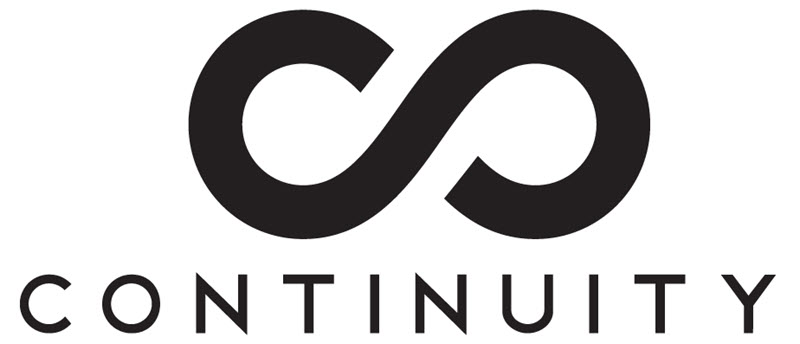 “Why not?” “Because I said so!”
“Why not?” “Because I said so!”
I’m sure most of us have heard these words before, and if you were anything like me, you didn’t accept “Because I said so” as an actual reason not to do something. Yet, so many of us accept this excuse when it comes to the law.
There’s a common misconception among a large segment of the population that the only reason not to do something is because it is illegal, and likewise, that if something isn’t good or wholesome that it should be outlawed. Such a predicament stands at the crossroads of legality and morality, and attempting to legislate on morality—or encourage morality based on illegality—is nothing but a failure from the start.
The law and the role of government is not to tell others what kind of lifestyle they should follow and be a moral compass to the electorate; the law exists to protect and serve the people. When politicians pass laws that concern their own moral convictions, they ignore the value of freedom; the freedom to make your own choices whether good or bad. People need the freedom to decide whether activities that don’t impede on the rights or freedoms of others are the right decisions for them personally.
Likewise, justifying a given decision based on its legal status is a futile and hypocritical measure. Morality concerns your personal convictions—your beliefs, your choices and your reasoning behind such choices. Basing all choices on the fact that some senator in Congress doesn’t condone an activity doesn’t actually address why you should or shouldn’t do something. Just as you should have the freedom to make your decisions, you should have the wherewithal to follow your own moral code.
When parents try to justify activities to their children on the grounds of illegality, their children don’t see or understand the moral reasons to refrain from such activity. Simply banning someone, without them truly understanding why something is dangerous, accomplishes nothing. Because morality relies on making your own decisions, following bans doesn’t actually enforce morality—it enforces a ban. The people don’t truly have morality because they don’t have the freedom to make their own decisions based on their own personal beliefs.
If anything, there is less morality in these situations because the people don’t truly grasp the reason by which they should or should not do something. Instead, they simply accept that it is “wrong”. Over time, the people wake up and realize that simply doing something because someone else considers it “wrong” is invalid. Yet, because several generations have lost their own moral teaching, they don’t see what might be wrong with a given activity and pursue it anyway.
As given activities, like drugs, smoking or abortion are legalized, the true morality surfaces because now the people must decide for themselves whether or not to partake in such activity. This gives way to parents, schools and non-profit organizations educating others on the true reasons by which they should avoid dangerous and otherwise immoral activity. Thus, true morality is taught and the people are able to have the freedom to uphold their own values. Of course, there is always the risk that others may not make the right decisions but this is the essence of freedom, and when people rise above and stand up for what they believe in when they are allowed to do otherwise, they embody morality.
When parents pass on to their children the values of morals and ethics they pass on more than simple rules, they pass on rationale and the value of making good decisions. Following these rules doesn’t make someone moral; understanding these rules and following them regardless of the law is what makes someone morally sound. Similarly, legislating one’s morals does not enforce or teach morals–it teaches authoritarian discipline and as time passes, the value of such morals will be lost and people will no longer follow such rules.






